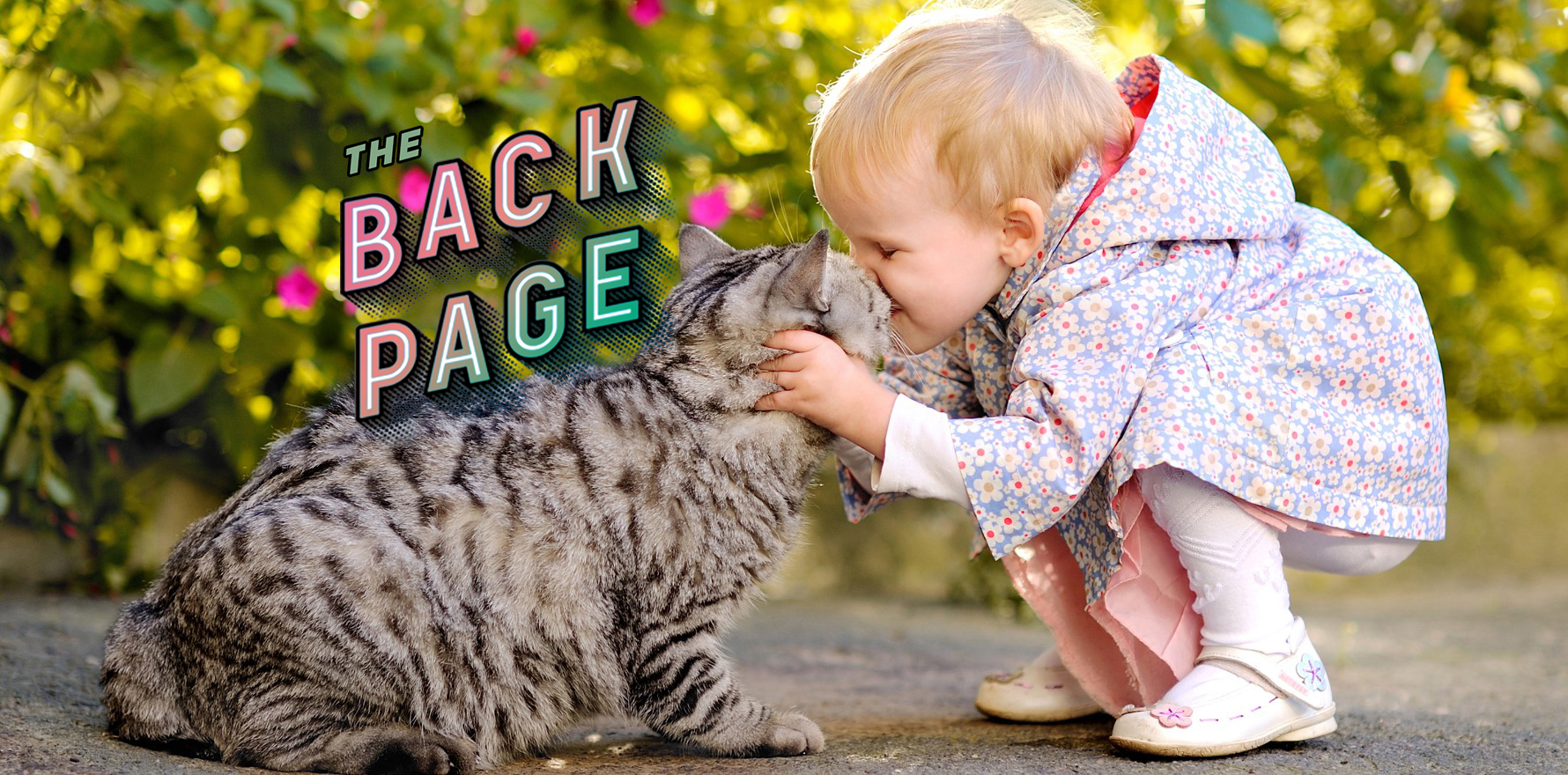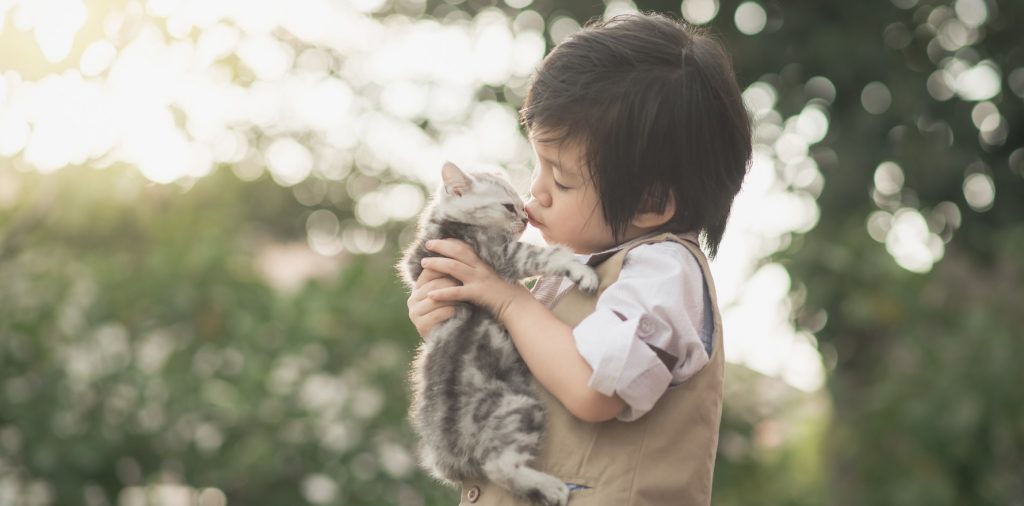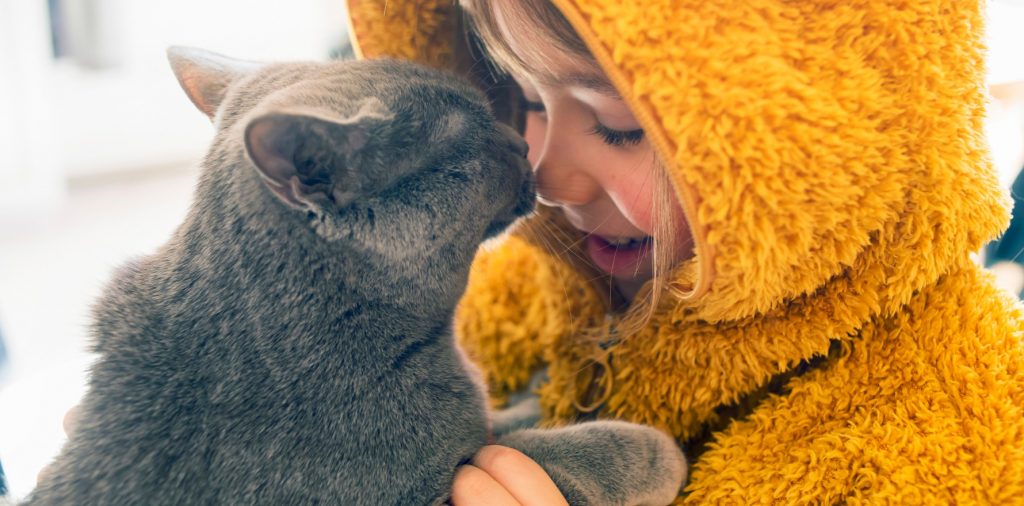Kids 'can’t see the mountains for the cat', study shows.
Don’t bother trying to get your small child to appreciate that scenic mountain range, glorious sunset, or expanse of pristine beach you just drove three hours to have them enjoy.
If you ask them about the scenery later, they’re more likely to be able to tell you about the oddly shaped stick they found, or the cat they petted while you were fighting with the ticket machine.
It’s not because they’re ungrateful little sh*ts (well, maybe not). Their brains are just wired that way, according to a study published in Child Development.
The Ohio State University researchers asked 80 adults and 69 children aged between four to six to look at a photograph of an object – such as a tree, person, slide, or cat – superimposed on scenes of beaches, streets, offices, mountains, and kitchens.
They were instructed to remember either the object or the scene, while ignoring the other type of stimulus.
The researchers then showed the participants another series of photos and asked them to say whether they spotted the object or scene they had been asked to remember from their first photo.
Adults seemed equally capable of remembering an object or scene when it reappeared in a later photo, possibly because grownups have to suffer through photos of almost every second person on Facebook standing in front of Machu Picchu and children don’t.
But children recognised objects much more than scenes.
“If we showed a child a tree in front of a beach scene and told them to remember the beach, they couldn’t do that,” psychologist and lead author Dr Kevin Darby said in a press release.
“When the child saw a later image with a car in front of the beach, they would be paying attention to the car and would not recognize the beach.”
In a description that may also apply to approximately half the users of the internet, the authors said this object-bias in children comes down to difficulties with selective attention – the ability to focus on goal-relevant information while filtering out ‘irrelevant’* information.
“Children really struggled to ignore objects that were irrelevant to what we told them to do,” Dr Darby said.
Although the study was not designed to explain why this might be the case, the authors said one explanation could be the large role that objects play in early language development, and that things children may hold are easier to focus on.
There is also evidence that brain regions supporting object recognition develop earlier than those supporting scene recognition, the authors said.
* The authors did not specify which maniac deemed that a picture of a cat could ever be “irrelevant”.
If you see something adorable, say something adorable … send landscapes containing kittens and puppies to felicity@medicalrepublic.com.au.




